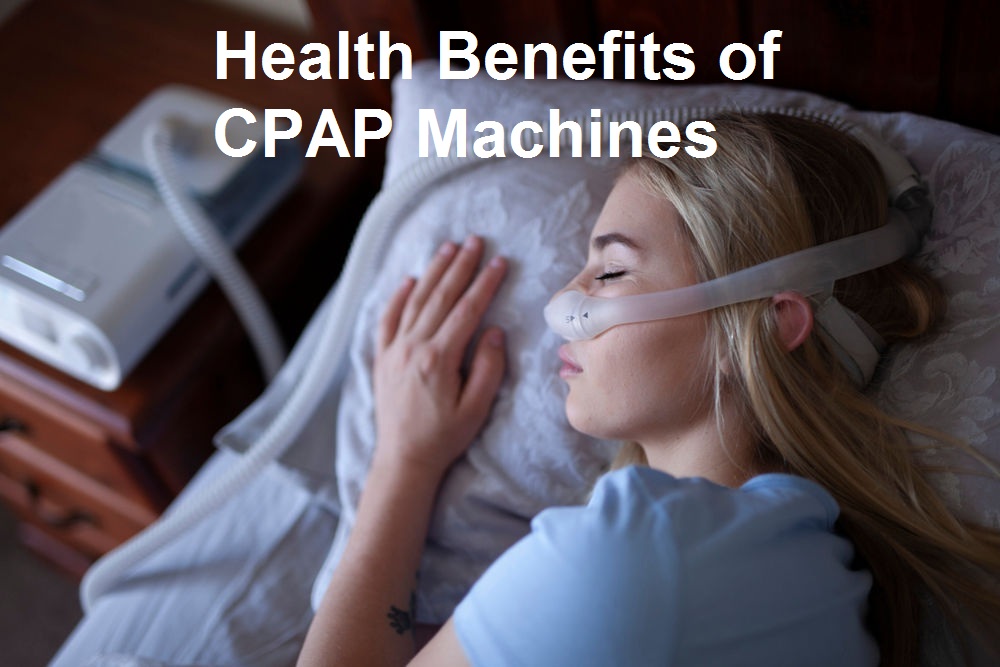Benefits of CPAP Therapy
Welcome to our comprehensive guide on the benefits of CPAP therapy. At [Your Website Name], we understand the importance of finding effective solutions for sleep apnea and related sleep disorders. In this article, we will discuss the numerous advantages of CPAP therapy and how it can improve your overall sleep quality and well-being.
The Key Benefits
Improved Sleep Quality
CPAP therapy is highly effective in improving sleep quality for individuals with sleep apnea. By using a CPAP machine, you can ensure a continuous flow of air to keep your airways open throughout the night. This helps prevent interruptions in breathing, which often lead to fragmented and poor-quality sleep. With consistent use of CPAP therapy, you can experience more restful and rejuvenating sleep.
Enhanced Daytime Alertness
One of the primary benefits of CPAP therapy is the significant improvement in daytime alertness. Sleep apnea often results in excessive daytime sleepiness, which can impact your productivity, concentration, and overall quality of life. By effectively treating sleep apnea with CPAP therapy, you can experience increased energy levels, improved focus, and enhanced cognitive function during the day.
Reduced Health Risks
Sleep apnea is associated with various health risks, including high blood pressure, heart disease, stroke, and diabetes. CPAP therapy plays a crucial role in reducing these risks by ensuring adequate oxygen supply and maintaining normal breathing patterns during sleep. By effectively managing sleep apnea, you can lower the likelihood of developing these serious health conditions and improve your long-term well-being.
Decreased Snoring
CPAP therapy is highly effective in reducing or eliminating snoring, which is a common symptom of sleep apnea. The continuous positive airway pressure generated by the CPAP machine helps keep the airway open, preventing the vibrations that cause snoring. Not only does this benefit the individual using CPAP therapy, but it also improves the sleep quality of their bed partner.
Improved Mood and Emotional Well-being
Untreated sleep apnea can have a significant impact on your mood and emotional well-being. Many individuals with sleep apnea experience irritability, mood swings, and even symptoms of depression. By effectively managing sleep apnea with CPAP therapy, you can experience improved mood stability, reduced irritability, and enhanced emotional well-being.

CPAP therapy offers a wide range of benefits for individuals with sleep apnea. By improving sleep quality, enhancing daytime alertness, reducing health risks, decreasing snoring, and improving mood and emotional well-being, CPAP therapy can greatly enhance your overall quality of life. If you are experiencing symptoms of sleep apnea, we highly recommend consulting with a healthcare professional to determine if CPAP therapy is right for you.
Frequently Asked Questions about CPAP Therapy
1. What is CPAP therapy?
CPAP therapy stands for Continuous Positive Airway Pressure Therapy. It is a treatment method that uses a machine to deliver a constant flow of air pressure to keep the airways open during sleep.
2. How does CPAP therapy work?
CPAP therapy works by delivering a continuous stream of pressurized air through a mask that covers the nose and/or mouth. This air pressure helps to keep the airways open, preventing pauses in breathing or obstructions that cause sleep apnea.
3. What are the benefits of CPAP therapy?
The benefits of CPAP therapy include:
Improved quality of sleep
Reduced daytime sleepiness
Decreased risk of cardiovascular problems
Lowered blood pressure
Improved concentration and focus
Reduced snoring
Increased energy levels
Enhanced mood and overall well-being
Improved partner’s sleep quality
Reduced risk of accidents caused by daytime sleepiness
4. How long does it take to see the benefits of CPAP therapy?
The benefits of CPAP therapy can be experienced immediately, with some individuals noticing improvements in sleep quality and daytime symptoms within the first few nights of using the therapy.
5. Can CPAP therapy cure sleep apnea?
CPAP therapy is not a cure for sleep apnea, but it is an effective treatment method that helps manage the condition. Continuous use of CPAP therapy is necessary to maintain the benefits it provides.
6. Are there any side effects of CPAP therapy?
While CPAP therapy is generally safe, some individuals may experience minor side effects such as nasal congestion, dry mouth, skin irritation, or claustrophobia. These side effects can often be resolved by adjusting the mask fit or using additional accessories.
7. Do I need a prescription for CPAP therapy?
Yes, a prescription from a healthcare provider is required to obtain a CPAP machine and supplies. This ensures that the therapy is appropriate for your specific needs and that the pressure settings are correctly calibrated.
8. Can I travel with my CPAP machine?
Yes, most CPAP machines are portable and designed for travel. They are lightweight and can easily be packed in carry-on luggage. It is important to inform the airline in advance about carrying a CPAP machine, as they may have specific guidelines.
9. How often should I clean my CPAP equipment?
It is recommended to clean your CPAP mask, tubing, and humidifier chamber regularly. Ideally, you should clean them weekly using mild soap and water, and allow them to air dry. Keeping your equipment clean helps maintain its effectiveness and prevents the growth of bacteria.
10. Can I use a CPAP machine if I have a cold or allergies?
Yes, you can continue to use your CPAP machine if you have a cold or allergies. However, it is advisable to clean your equipment more frequently during this time to prevent any buildup of mucus or allergens. Using a heated humidifier can also help alleviate congestion and dryness.




